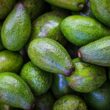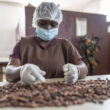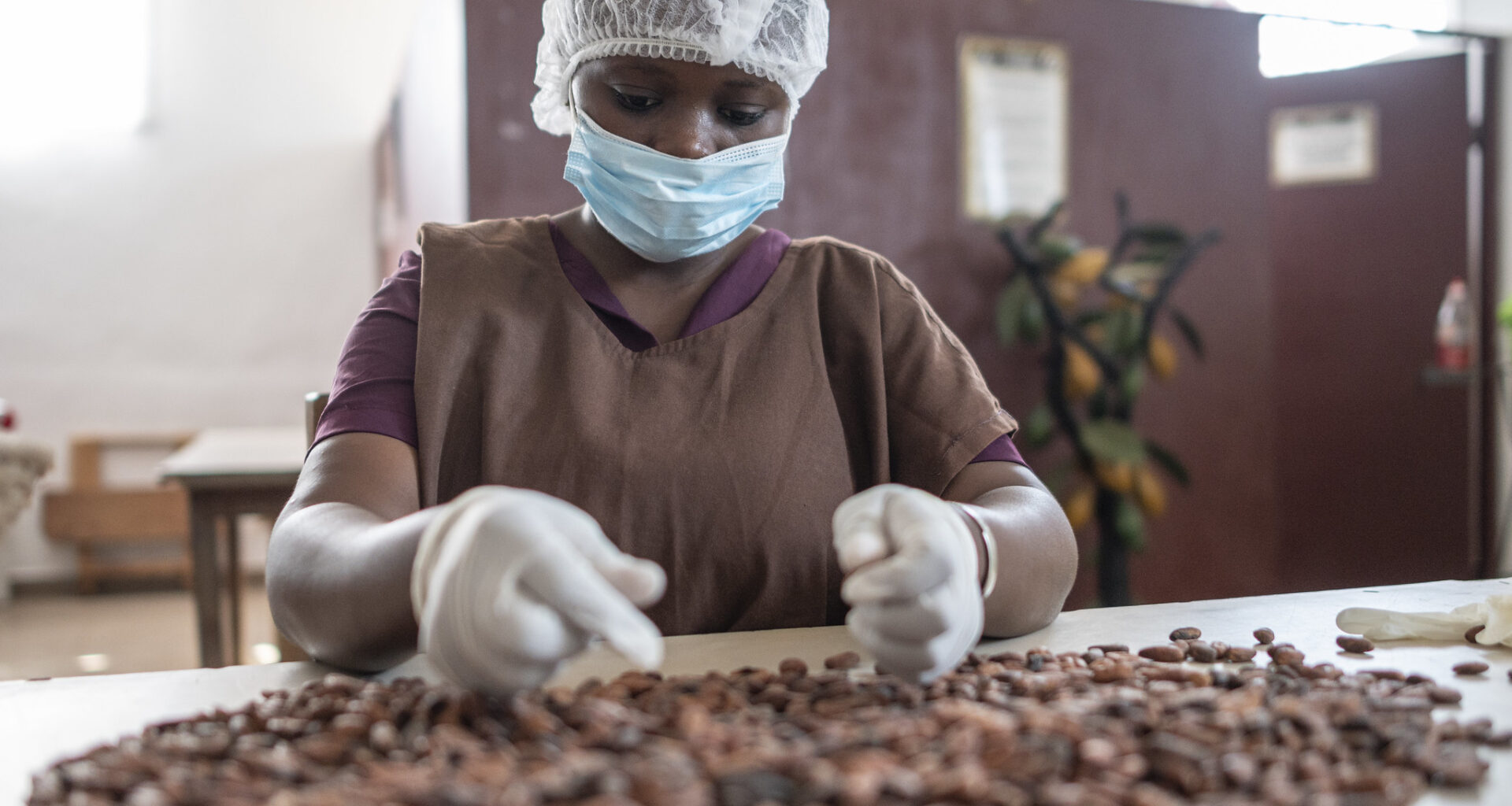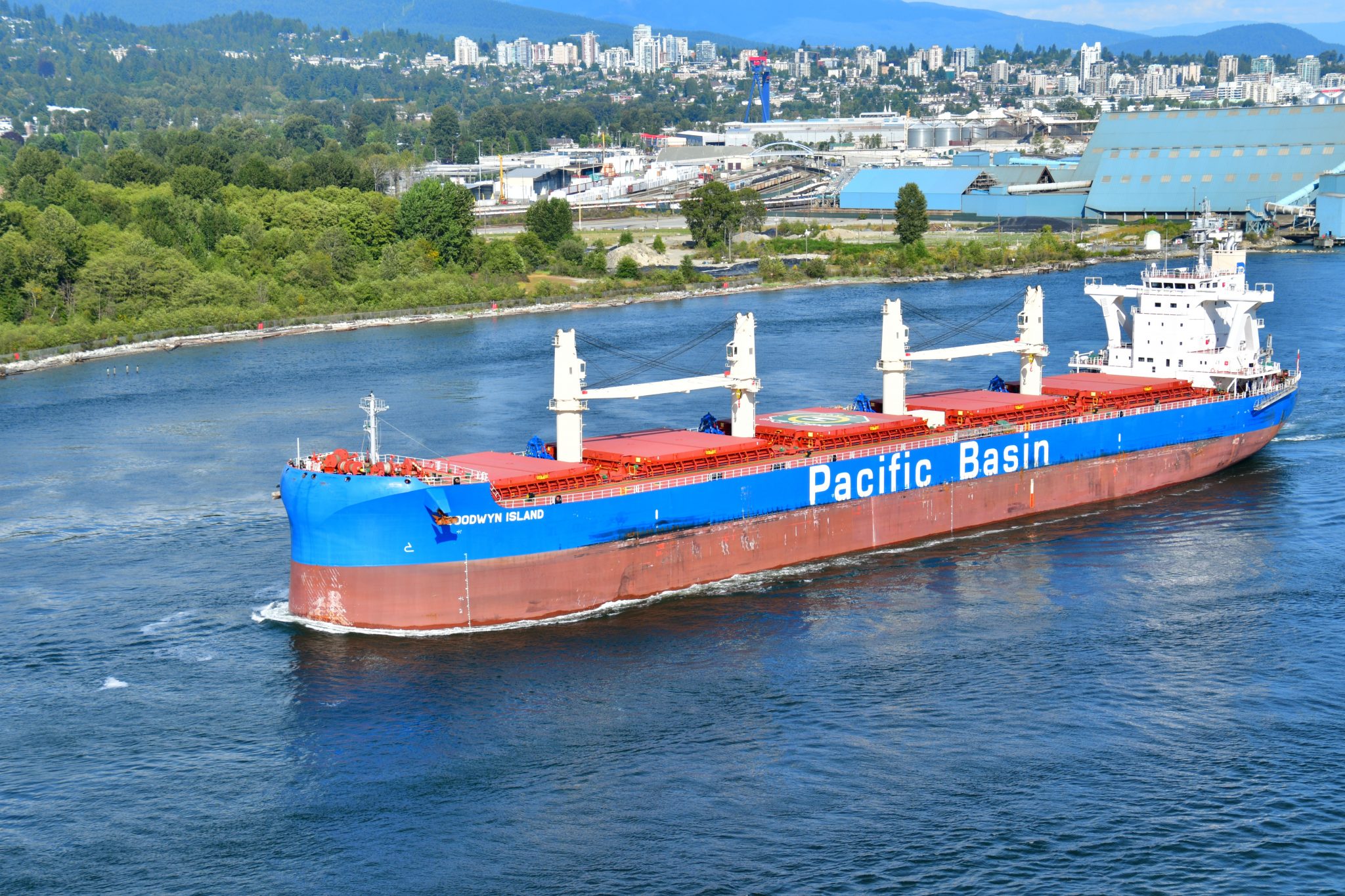It’s always been a bit of a mystery how to become a commodity trader. Let’s have a look into what you need to do to become a commodity trader.
The three pillars of commodity trading
Many people misunderstand what it even means to be a commodity trader. Commodity trading is a complex, long-term profession that marries some very different professional skills.
In its simplest form, a commodity trader role has three legs: commercial, operations, and risk management. The best traders excel at each of these individual verticals and work with tier-1 colleagues to further expand their reach.
Most of the rotational graduate programs at Cargill, ADM, Wilmar, etc include rotations in each of the below sections.
Commercial
In some sense, it all starts here. With a purchase or a sale. And such transactions are only possible with the right work on the commercial front. A trader needs to engage with potential clients and suppliers, and maintain the relationship.
Depending on the industry, commodity, and type of account, your relationship with customers and suppliers will be more opportunistic or long-term.
Operations
Operations are the backbone of commodity trading. The delivery process is an art of its own. Many of the best trades fail due to poor delivery, after all, a profitable trade is not so until delivered.
Operations in the context of commodity trading vary per commodity, but generally include shipping, trucking, or rail freight at some point. Another layer is whether the operations take place in bulk, containerized, or liquid bulk.
It literally takes years, if not even decades to perfect the craft of operational excellence. The best commodity traders are nothing with their ops team as per the Marc Rich memoirs in The King Of Oil.
Risk Management
The third pillar of commodity trading is risk management. In some sense, commodity traders are nothing but risk managers. They take risks, and then monitor, and mitigate them when things go south. The best traders are undoubtedly those that manage the risks correctly.
This is super important; trading is dynamic, so traders need to constantly stay on top and revise their trades so as to ensure contractual fulfillment at the lowest price possible.
This is easier than done, as there are countless risks: price risk, basis risk, operational risk, counterparty risk, political risks, etc.
The best traders are always on top of their risk, and immediately solve problems when something goes wrong.
Thus, one of the better ways to start a career in commodities is from the risk angle. this generally means starting as a trading analyst or trade support, working very closely with middle-office, credit teams, and traders.
Work at origin
Commodities are produced all around the world. However, many of the origins don’t have big trading offices, and instead have a more export and production focused commodities industry.
So, if you’re wondering how to start in the world of commodities, one easier way into the industry is from the satellite offices.
For example, instead of starting trading shea at Bunge in the Netherlands, how about starting with an internship or first role at a shea exporter in Western Africa? Or in coffee, instead of starting at NKG in Hamburg, try starting at a dry mill in Vietnam.
The idea here is that by starting at origin, you’ll be exposed to the production and export logistics, thus learning a lot of stuff that is super useful to know from Geneva or London, but much harder to learn from an office there.
Learn about commodities
This is possibly the most useful thing you can do. Learning about commodities gives you a better understanding of the supply chain.
Becoming a commodity trader is not only buying and selling but also delivering and managing the associated risks.
Thus, the best thing you can do to land a job in commodity trading is to really learn about whatever commodity you’re most passionate about.
In any case, play by your strengths. For example, if you love coffee, then it may be a great idea to learn about it. If you have studied petroleum engineering, then you clearly are in a good position to enter the oil & gas industry. If you are passionate about mines and minerals, then naturally try to further learn about specific products in the metals and minerals group.
This means, learning about the production of those products. What company produces these commodities, and where? What companies consume the most of these commodities, and in which markets? As you see, this is nothing else but starting to learn about the supply and demand characteristics of a commodity.
Learn a second language
Also, commodities are internationally traded products. Therefore, languages are incredibly useful in the daily work of a commodity trader. Most traders know at least two languages, and for many sales-traders or merchandisers, the number goes up. I’ve seen traders speak 4, 5, and even 6 languages fluently.
Popular examples include Spanish and/or Portuguese if you work in agri commodities, but also Russian, Arabic, and Mandarin Chinese. As a cocoa trader, French is incredibly useful! If you trade hazelnuts, you better learn some Turkish. The list goes on.
Learn about the industry
Another very important element is to learn about the commodity trading industry. Learning who’s who allows you to have a better understanding of where can you get started.
So, if you have a preference for metals due to your background and personal interests, then research the main traders in the metals industry. Also, as mentioned, learn about the commodity itself, so that you have some understanding about where to start applying.
Next steps
Start with the basics; refine your CV/resume, and prepare for interviews and psychometric tests (many of the best traders test you).
Read a lot, and monitor the markets that are relevant to you.
Try to start up a commodities club in college.








